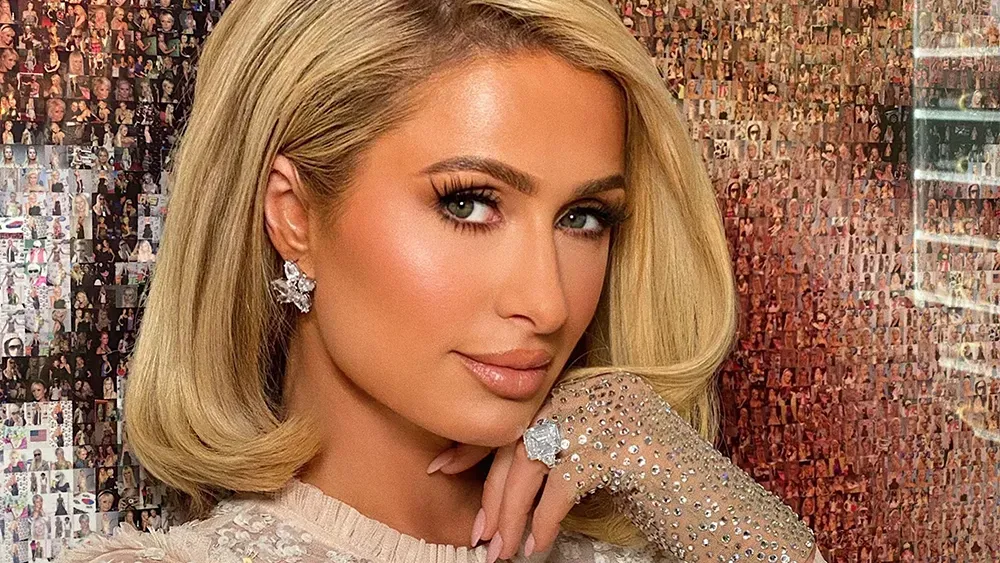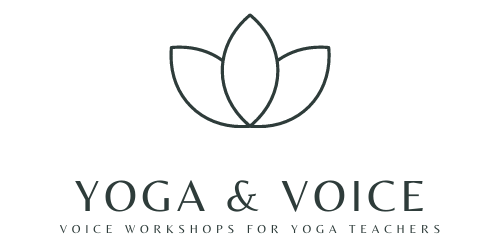Refining Your Vocal Style
Whenever I mention in my workshops that I’m not there to cause worry or self-consciousness, and that I’m actually there the help refine their vocal style, that term is often met with confused looks.
As if to say: “Wait – I have a vocal style?
Why, yes. Yes you do.
I’m very resistant – when I’m coaching someone one-on-one – to try to make any significant changes to the way someone naturally speaks, as your speech is a big part of their identity. Hard-won through years of experience and living life. Your vocal “style” is created through many factors: occasionally genetics, most often environment, and (sometimes unfortunately) cultural influences.
I am hard-pressed to steer anyone away from the place they naturally occupy vocally – your personality is revealed by what you say and how you say it – and you say it with your own style.
Many clients (usually women) who are bothered by the idea that they sound “too young” need to chase down the *reason* they sound “young”; and always, if it’s natural and native to the way you have always spoken (and they way you speak in all incidences) then *that’s your sound.* Some complain of speaking “boring” or in a monotone; some of us are just not ebullient, excited, or over-the-top speakers – and that’s OK. We can’t all be.
The bottom line: I’m in the business of correcting speech. But like a good theatre director – who keeps as much of their actor’s natural cadence and mannerisms in – I’m interested in *improving speech* while maintaining the personality and uniqueness of the speaker.
Here’s what I’d like you to tap into, in order to define – and subsequently refine -- your vocal style and speak from as authentic a place as possible:
What Words Best describe Your Sound?
If your voice is naturally low (or naturally high) and always has been, that’s your sound. If you are constantly asked to repeat things (or conversely, friends point out that you speak inappropriately loud for the situation you’re in) – that’s your sound (but can be modified.) Try to come up with actual descriptors: commanding, quiet, authoritarian, wispy, bossy, breathy. The more you can describe it, the better you can claim it or modify it.
What Do Your Sound Like When Your Guard is Down?
It’s those unguarded moments – where you’re not being listened to or scrutinized – that your real, true, natural voice emerges. Asking your spouse which garbage bins need to be left out. Asking your dog if they need to be helped up onto the bed (again!). Ordering coffee at the drive-through. These are the moments where you’re just using your voice to communicate your needs/wishes. Without pretense. Without being judged. Observe those moments, as they’re as close to your “natural” voice as you can get.
Can Your Weigh Your “Vocal Wish List” Against What’s Really Possible?
Just like bringing in a photo of a hairstyle to your stylist, (and them occasionally vetoing it because you do not have “that kind of hair”), you need to be realistic and pragmatic about what’s possible. I greatly admire those celebrities with naturally gravelly voices (Polly Draper, Zooey Deschanel, Sarah Silverman) but my voice does not lend itself to that (unless I’ve had an evening of conversing in a loud pub or yelling at a sporting event. And even then, it’s short-lived.) I’ve made a living with a voice that’s smooth and professional, and so I’ve had to let that dream of raspy coolness go. It’s important that you accurately describe your voice and embrace the qualities that come with it.
When I coach someone, it is so much easier to work with someone who is accurate about their sound, in-tune with aspects that could benefit from modification, and be realistic about their expectations of what is possible.










